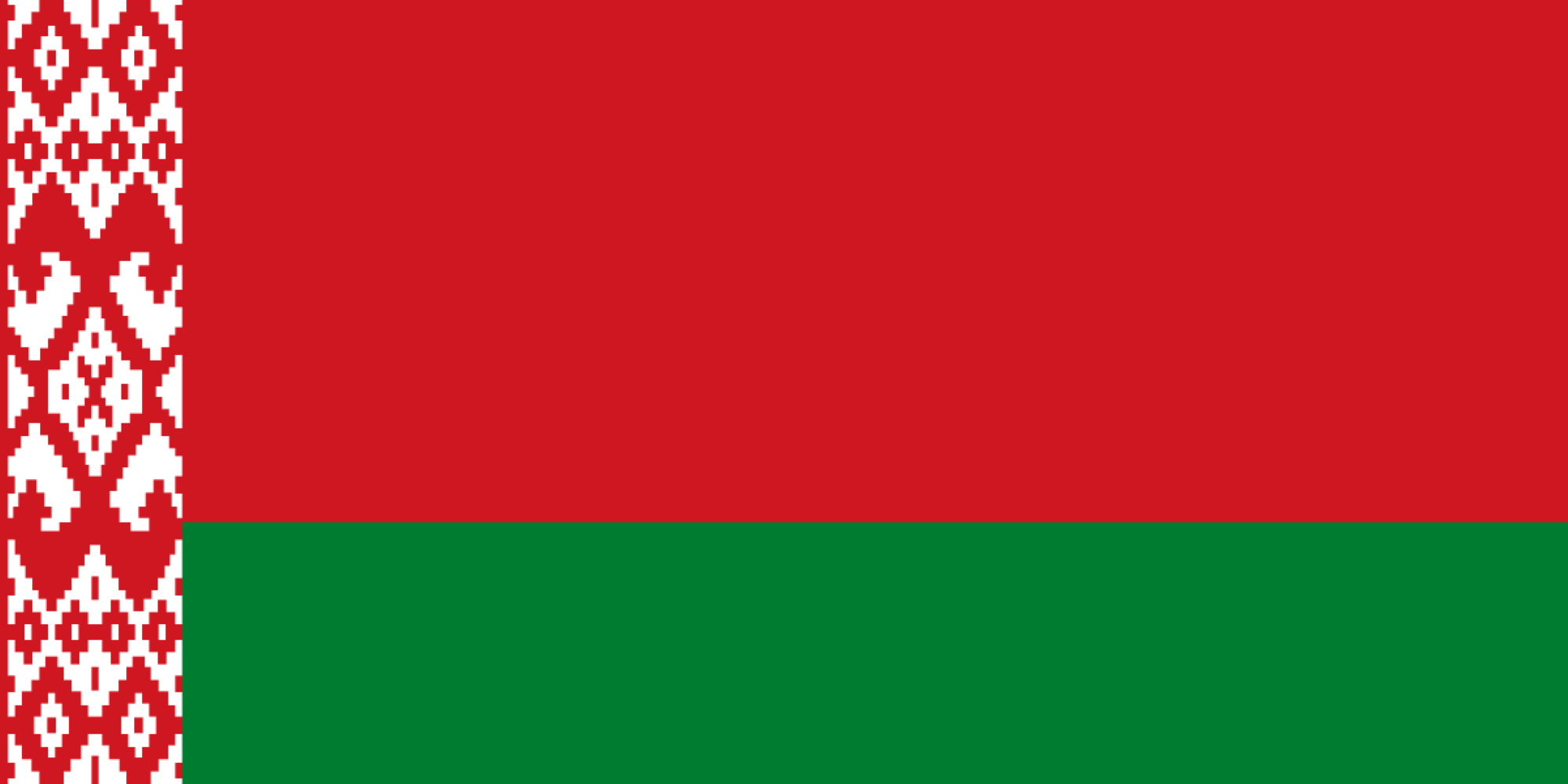
Belarus (officially the Republic of Belarus, and formerly and sometimes known as Byelorussia) is a landlocked country in Eastern Europe bordered by Russia, Ukraine, Poland, Lithuania and Latvia. Covering an area of about 207,600 square kilometres, making it slightly smaller than the UK. Belarus is known for its flat terrain, large forests, and thousands of rivers and lakes, along with beautiful national parks teeming with incredible wildlife. Much of the country is covered by farmland and woodland, and it has a cool continental climate with cold winters and mild summers. Its economy is heavily industrialized, with sectors such as manufacturing, agriculture, and energy playing key roles.
Its capital city is Minsk, located in the centre of the country. It is the political, economic, and cultural heart of Belarus, hosting most of the country’s government institutions, major universities, and largest companies. Minsk is known for its wide boulevards, Soviet-era architecture, and clean, well-organized layout. Despite its modern developments, the city reflects a strong Soviet legacy, both in urban design and public monuments. It also offers vibrant cultural life, including theatres, museums, and music venues. In addition, the city has well-developed public transportations, and has experienced a wave of modernization in recent years but remains relatively conservative compared to other European capitals.
Floods, storms, and wildfires.
At entry, travellers may be required to prove they hold at least 2 base units per day (~Br18 - Br37/day or ~£4 - £9/day) in cash or accessible funds. Travelers staying longer than a month may need to show 50 base units (~Br466 - Br933/day or ~£108 - £217). Non‑compliance may incur fines up to 50 base units or deportation. In addition; exceeding visa‑free stay (via airport) longer than 5 days may result in a warning or a fine, failure to register for stays over 5 days may face a fine up to 50 base units or deportation, and overstaying your permitted stay (e.g. over 30‑day or 90‑day limits) may face fines up to Br1,225, deportation, and possibly a future entry ban for up to 10 years.
Photography or filming at border zones, airports, presidential buildings, and other restricted sites is prohibited. Violating may result in warnings, fines up to 50 base units, or deportation. Unauthorized drone usage or aerial photography requires multiple government approvals; fines alone can range from ~Br655 - Br2,048 for individuals or up to Br2,048 for entities.
The police officers in Belarus can fine drivers and demand payment on the spot, even for minor traffic offences. Unpaid fines during stay may lead to entry bans (6 months to 5 years, or up to 10 years if combined with deportation). If fined during your stay, fines must be paid within a month. Otherwise, you risk sanctions, bans, or future entry refusal.
The official language of Belarus is Belarusian, but Russian is also spoken.
In Belarus, vehicles always drive on the right side of the road. Drivers must be 18 years or older to drive, whether it is hired or temporarily imported, the same rule applies for those driving a motorbike. There are a couple of requirements needed for your driving licence. Your photocard license is recognised for three months but an international driving permit is recommended. This permit is compulsory is your driving licence hasn't got a photograph on it.
In regards to insurance, third party must be held, but fully comprehensive is recommended, you must however carry a green card, if you do not have one you will be requirement to pay for a short term insurance when passing through the border.
The fuel available is unleaded petrol 98 ,92 ,95 & 98 octane), diesel (Solyarka) and LPG is also available, but leaded petrol is not available. You may carry a metal container which can hold up to 20 litres of fuel, but this must be declared when entering Belarus.
The speed limits can vary, but generally the limits are as follow;
In Belarus there is a zero tolerance for drinking and driving. If you are breathalysed and found to have any percentage of alcohol in your blood then you will be over the limit.
All passengers in the front of the vehicle must be wearing seat belts at all times. But for your safety, if provided we would recommend using a seat belt.
Any child under 12 years must not travel in the front of the car as a passenger, and must be sitting in a suitable car seat fitted to their size.
Check out more of our Country Guides: